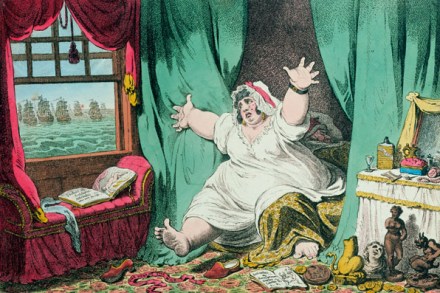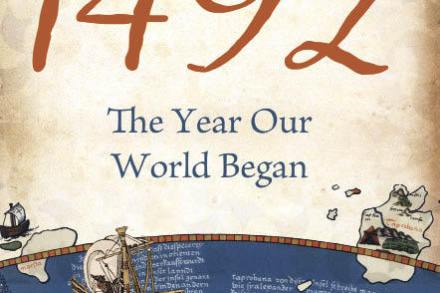Eager for the fight
Horatio Nelson is England’s most loved military hero. Marlborough is remote from our view, and the aristocratic Wellington was perhaps too stiff and unbending a Tory for popular taste. Nelson, by contrast, had an engaging personality and a colourful private life. The disabling wounds that he suffered and the affecting circumstances of his death in





